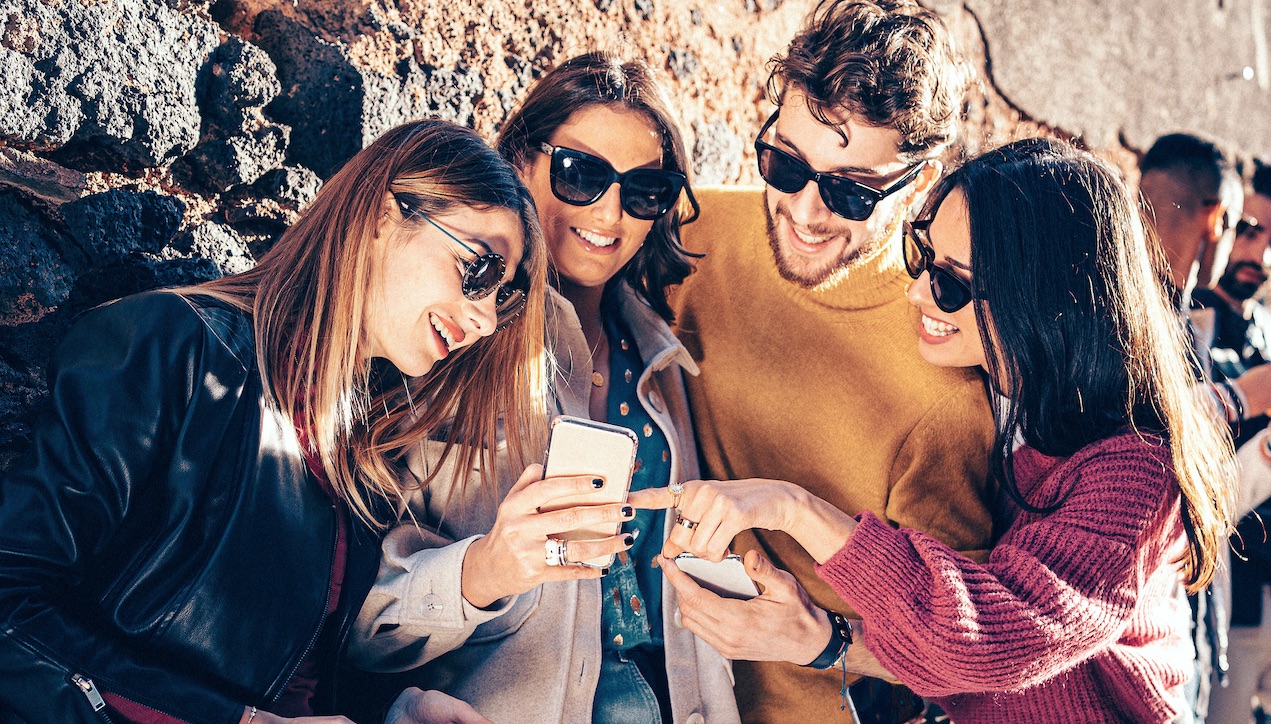In recent weeks we have happened to talk about influencers on several occasions.
This is because an initially extemporaneous activity is gradually taking shape and institutionalizing itself. And so we witnessed, in our country, the birth of the first union for influencers and creators. The same categories of workers who even sued Montana after its governor’s decision to ban TikTok from the territory of the American state.
In addition, France has passed a law regulating the sector. Finally, the DeRev annual report was released in recent days, which publishes the (lavish) compensation of influencers in Italy.
In short: that of the influencer is a profession in all respects, and as such it is now perceived and treated. To the point that the volumes that investigate the universe of influencers and creators as a phenomenon at the crossroads between psychology, society and of course technology are also growing.
That’s what it does Influencer e social mediawritten by Maria Angela Polesana and released by FrancoAngeli in May 2023.
The authoress
Maria Angela Polesana is associate professor in sociology of cultural and communicative processes at the IULM University of Milan. His main research areas concern consumption, corporate communication, advertising and the media.
The “showcase” of oneself
The reasoning of Influencer e social media assumes that today more than ever, with the spread of social platforms, we are increasingly called to offer a bright, positive and – indeed – socially shareable image of ourselves. On the contrary, to offer one or more images of us, depending on the reference public: “The individual is constantly engaged in techniques of impression management to present convincing images of himself to the various audiences with whom he interacts” (p. 44, italics in text).
This even leads to the “showcase” (p. 48) of oneself, or rather to the exposure not only of one’s external behaviors and attitudes but also of one’s private and intimate sphere.
Hence, even users common social networks create content and communications to provide themselves with the most attractive (if not downright desirable) public image.
The figure of the influencer fits into this context.
Influencers and social media
Influencers, through social media, become the symbols of this practice of self-marketing.
With the big difference that, in their case, they don’t do it for an indispensable desire for visibility, understood as a redemption from existential precariousness, but for commercial reasons.
One of the most interesting ideas of Influencer e social media it’s about the two main reasons why the influencer’s work enjoys so much attention. In short: why are influencers believed, even before being followed?
The democratization of celebrity
Until a few decades ago, a celebrity was such if unattainable. Already touching one’s musical or artistic idol, for example, was an inextinguishable pride. Let’s not talk about the possibility of getting an autograph.
Con i reality first, and then with social media interaction, an (illusory) “democratization of celebrity” was created (p. 72), so the public has the feeling that the distance between themselves and the VIP on duty is not unbridgeable.
Also because, let’s not forget, social media itself creates influencers without particular talents out of nothing.
Built authenticity
On social media, influencers “are forced to mediate between the expectations of authenticity with respect to themselves, their followers, the world of marketing and advertising and last but certainly not least, the expectations of the platforms” (p. 85) .
To satisfy all these expectations, influencers can only rely on an oxymoron: “built authenticity” (p. 85).
Influencer and social media Polesana, Maria Angela (Author) 20,00 EUR Buy on Amazon
Influencer: non solo brand
However, the limit of the book is to investigate the phenomenon of influencers only as testimonial of companies.
It seems to us that by now, beyond the strictly commercial relationships that similar figures have with companies, influencers through social media are more and more spokesperson for himself, for his point of view (political and social, for example) on the things of the world.
It would be curious, and perhaps almost urgent, for a forthcoming volume to investigate this aspect.
